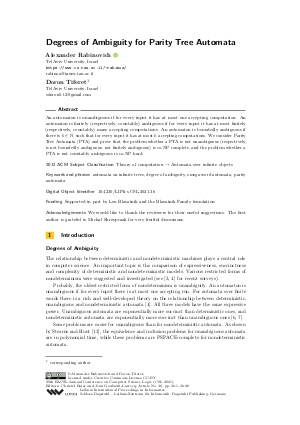LIPIcs.CSL.2021.36.pdf
- Filesize: 0.55 MB
- 20 pages

 Creative Commons Attribution 3.0 Unported license
Creative Commons Attribution 3.0 Unported license














Feedback for Dagstuhl Publishing